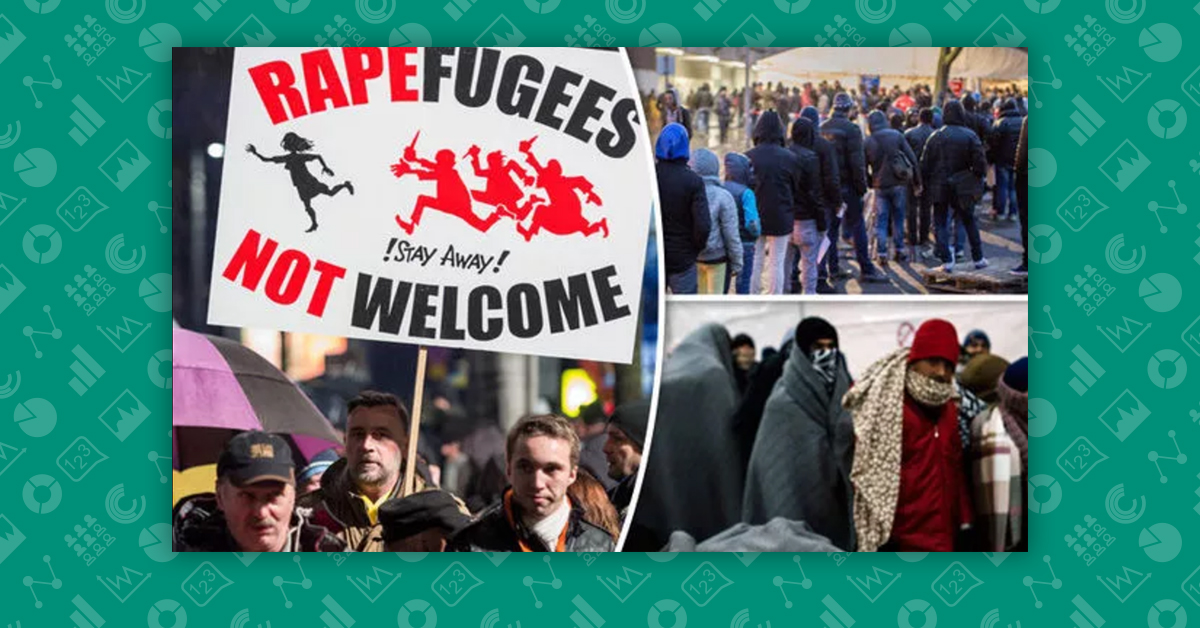Why Conservatism Is Destined to Win

Article by DAVENJI in "RedState":
Mainstream liberals are in distress in the West. In Great Britain, the Labour Party suffered their worst defeat since 1935 with Boris Johnson’s victory. The Socialist Party in France suffered their worst results ever while there were conservative victories in the Netherlands and Italy. In Germany, the Social Democrats suffered their worst showing since 1945 and the same for the Finnish Left since 1962. In Sweden, the Social Democrats sunk to their lowest point since 1908.
Underlying this shift is a realignment of ideology away from economic conflicts of the 20th century to cultural conflicts of the 21st century. There is little talk about redistributionist policies versus a free market these days than there are questions about domestic security, immigration, and national identity. All of these factors work to the disadvantage of the Left. The reason is simple: it is easier for a conservative to move to the left on some economic issues, but impossible for liberals to move to the right on cultural issues.
Identity politics and multiculturalism are the motivating factors on the Left. It is epitomized in the highly-educated activists that came about from the progressivism of the 1960s. But, their ideas on this front are considerably less popular than their economic ideas. Hence, they are hemmed in by their own orthodoxy. There is another ingredient that adds to their inflexibility- political correctness.
Political correctness is a construct that can push new ideas even when most people disagree with those ideas. It is much more powerful among the Left than the Right. A conservative may dislike an environmentalist within their ranks, but they will not shun and shame them out of existence. However, if a left winger was to move slightly to the right on an issue like immigration, they would be branded a racist by the online activists. Social sanctions have changed the dynamic on the Left starting in the 1960s when the phrase “racist” came into prominence followed in short order by “sexist.” It is precisely this dynamic that prevents a Bernie Sanders from dare questioning an open borders immigration policy. It is why everyone running for President dare not question slavery reparations, or defend the police, or offer up any sane policy.
The rise of identity politics coincides with the notice of the cultural anxieties of white voters who find themselves the targets of scorn and ridicule. Meanwhile, identity politics finds a welcome home among the 8% of white Americans who call themselves “progressive activists.” Slowly, their political correctness and identity politics is spreading over the other subgroups of white liberals.
Of course, these shifts show themselves in a realignment of major political parties. Just as blue collar Midwesterners cast their votes for Trump in 2016, manual working class whites in Great Britain have shifted to the Tories. As late as 1997, they were firmly in the Labour Party camp. Spurring the realignment are views on immigration specifically. Tough on immigration enclaves like blue collar areas have moved to the GOP while open border urbanites have tilted heavily toward the Democrats. Even continental Europe with their proportional representation which would ordinarily create volatility have seen an increase in the vote share for parties tough on immigration.
In Holland, Mark Rutte asked immigrants to “act normal or go away” and was promptly reelected. Theresa May and Boris Johnson, who initially leaned away from Brexit, saw their political fortunes change for the better after they embraced it. Sebastian Kurz’s party in Austria won over the more populist Right-Wing parties in that country and he was elected after talking and acting tough on immigration. There are, naturally, some exceptions. The Left stayed in power in Portugal, but they have a negligible Muslim population.
And sometimes, when the Left moves to the right on immigration, they too can be the exception. For example, Denmark is no less “socialist” today, but they remained in power only after the Left adopted policies to cut back on immigration. Likewise, the same thing happened in New Zealand.
Liberal political parties face a serious dilemma which the Right does not have to endure. They can tack right on immigration and alienate their activist base. They can tack further left and lose elections. The biggest exception is Canada. Although a populist rightwing politician managed to win provincial elections in Quebec, nationally they returned uber-liberal and super-woke Justin Trudeau to office in 2019.
However, change is afoot north of the border. With the growing distance between Britain and Canada in the 1960s, a power vacuum was created allowing the progressives to fill that area. Today, Canada as a whole leans 60-40 to the left while the rest of the Western world is basically a 50/50 split. However, Canada is undergoing political and cultural polarization. Only about 6% of conservatives approve of Trudeau while 90% of liberals approve of him. Five years ago, attitudes on immigration between the groups differed by 10-15 percentage points. Today, they differ by 50 points. The same thing happened in the United States between 2012 and 2016.
The ethnic change that is transforming Western societies makes cultural issues more relevant to the masses. This is clearly more beneficial to the Right than the Left. Voters trust conservatives more than liberals when it comes to immigration and other cultural issues. The Left, on the other hand, are shackled to progressive norms that prevent them from adjusting to the new political reality.
https://www.redstate.com/diary/davenj1/2020/02/25/why-conservatism-is-destined-to-win/




Post a Comment